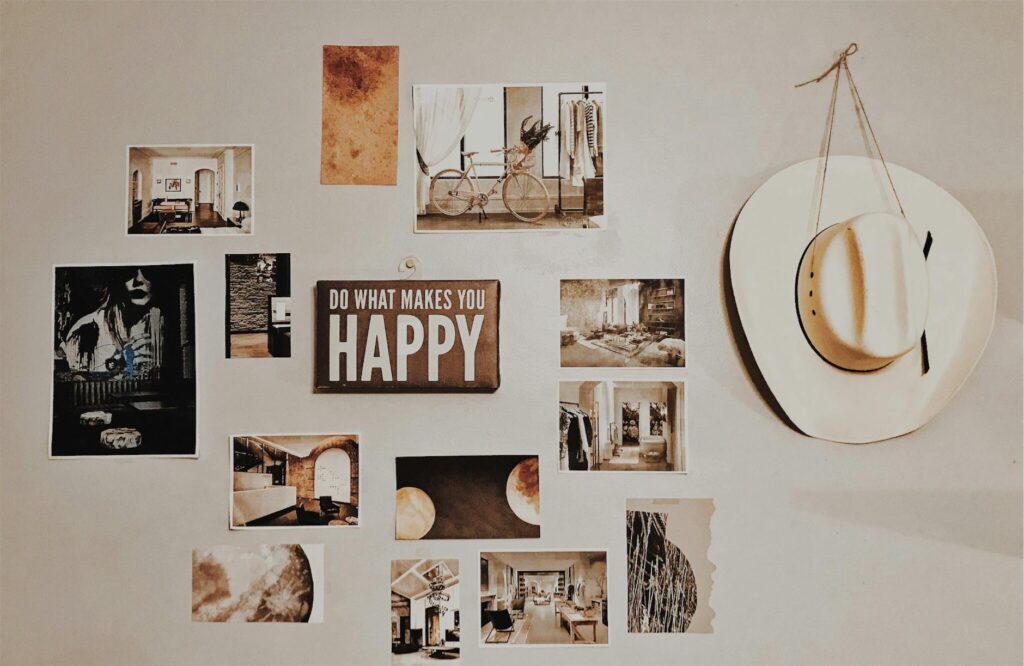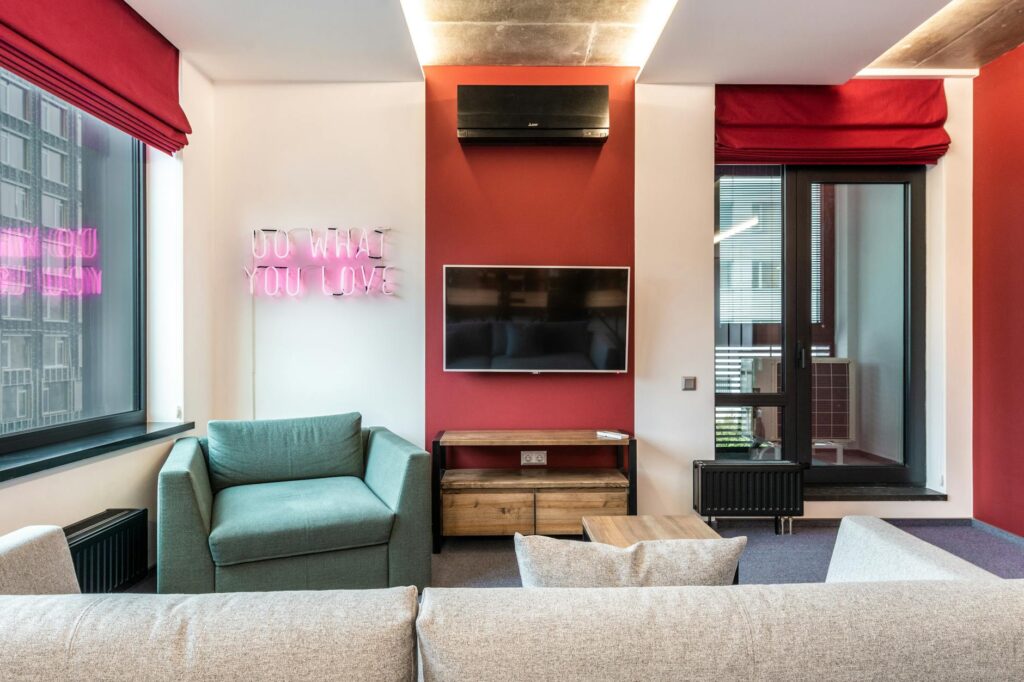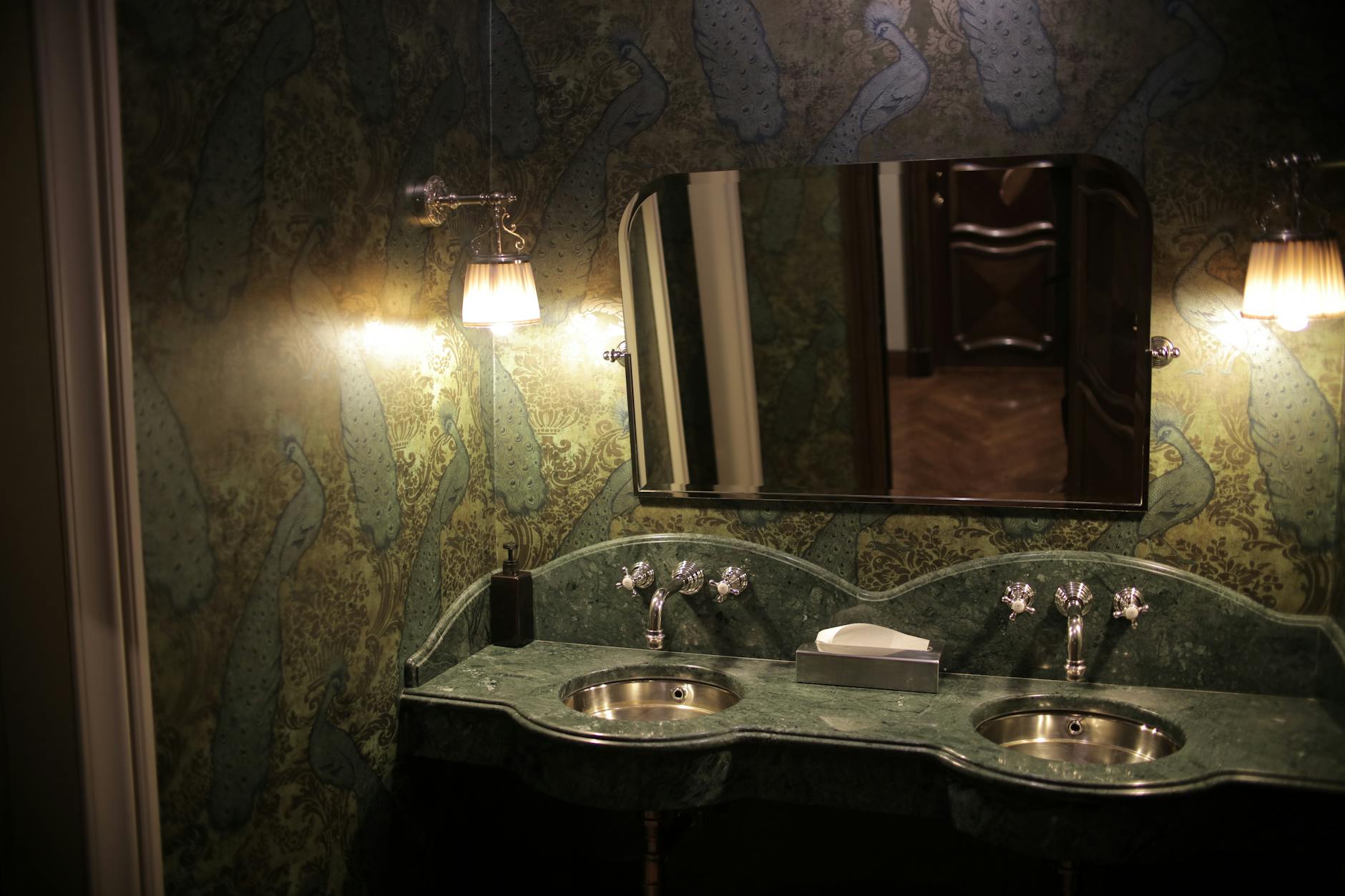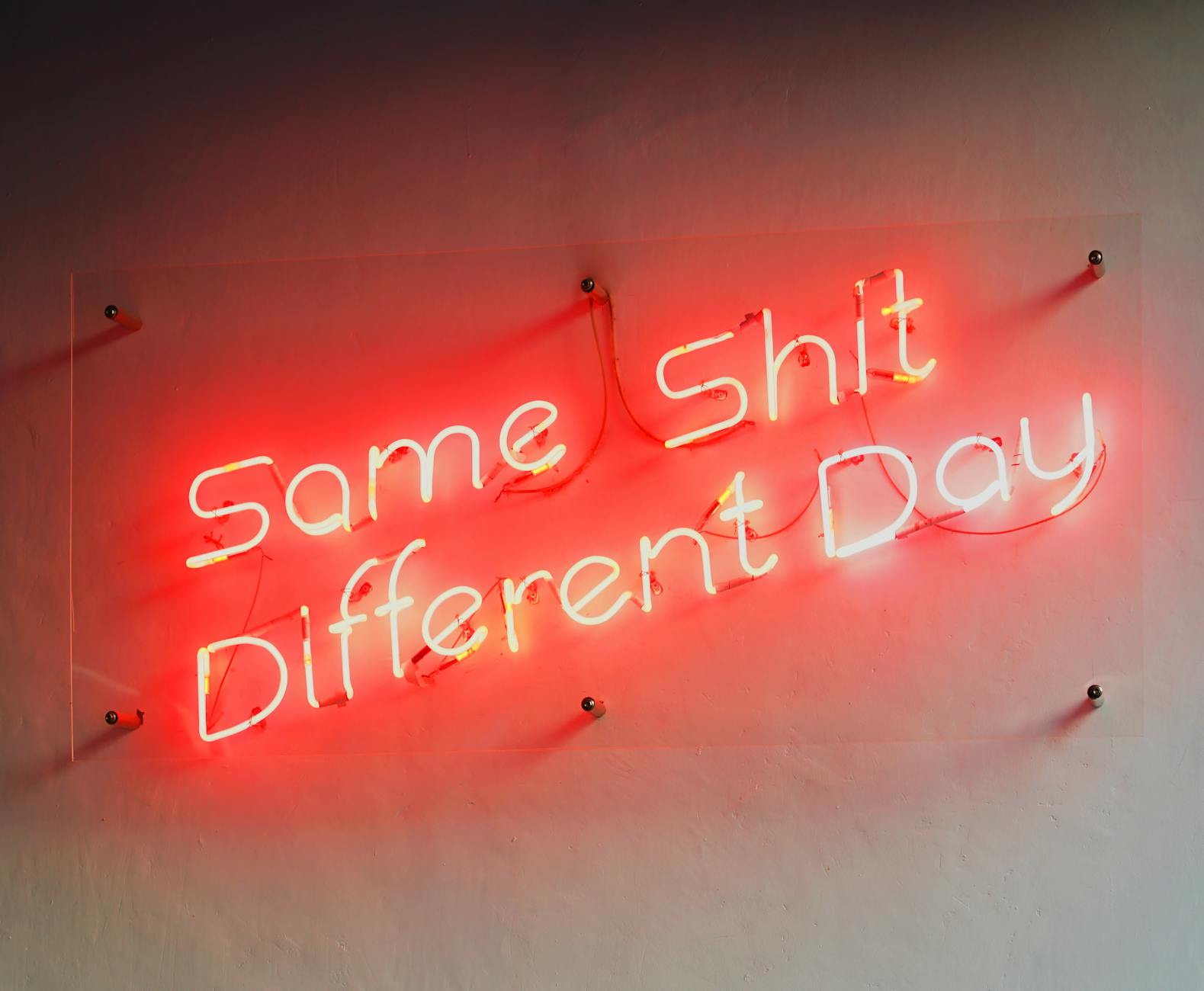Thinking about renovating your home but unsure if you need an interior designer? It’s a common question. Many believe interior design is just about choosing pretty colours and arranging furniture, but the reality is far richer and more impactful.
What Does an Interior Designer Actually Do?
Interior designers are trained professionals who manage and oversee all aspects of a space’s transformation. This goes far beyond aesthetics; it’s about creating functional, beautiful, and safe environments. They consider everything from the initial concept and space planning to the final finishing touches and even project management.
Space Planning and Functionality
Before any paint swatches are considered, an interior designer will work with you to understand your lifestyle and needs. They’ll create detailed space plans, maximizing efficiency and flow. This might involve suggesting new layouts, optimizing storage, or even suggesting structural changes to improve functionality. 
Style and Aesthetics
This is where the ‘pretty’ part comes in! But it’s more sophisticated than just picking colours. Designers understand design principles, color theory, and different design styles (like minimalist, modern, traditional, etc.) to help you create a space that reflects your personality and taste. They’ll source materials, finishes, and furniture to achieve a cohesive and stylish look.
Material Selection and Sourcing
Interior designers have access to a wide network of suppliers and can source unique and high-quality materials. They understand the properties of different materials, ensuring durability and suitability for the intended use. This includes everything from flooring and countertops to fabrics and lighting fixtures. 
Project Management
Renovating or decorating can be stressful. An interior designer acts as your project manager, coordinating with contractors, suppliers, and other professionals. They oversee the budget, schedule, and ensure the project stays on track, saving you time, stress, and potential headaches. Learn more about project management for home renovations.
Budgeting and Cost Management
Designers help you create a realistic budget and stick to it. They negotiate with suppliers, look for cost-effective solutions without compromising quality, and ensure your investment is well-spent. They’ll provide regular updates to keep you informed on project costs.
Technical Expertise
Beyond aesthetics, designers often have technical knowledge of building codes, construction processes, and lighting design. This knowledge is crucial for creating safe and functional spaces, especially when undertaking significant renovations. Check out this resource on sustainable interior design practices.
The Finishing Touches (and Beyond!)
The final stages involve the careful selection of accessories, artwork, and other decorative elements that add character and personality to the space. But their role can extend beyond this, even offering styling services for your space once it is finished. 
Do You Need an Interior Designer?
Ultimately, whether you need an interior designer depends on your project’s scope, your design skills, and your available time. For small projects, you might manage on your own. However, for larger renovations or if you want professional guidance and a stress-free process, hiring a designer is a valuable investment. Read more about how to choose the right interior designer for your project.
Frequently Asked Questions
What is the average cost of hiring an interior designer? The cost varies greatly depending on the project’s size and complexity, location, and the designer’s experience. It’s best to get quotes from several designers to compare.
How do I find a reputable interior designer? Look for designers with relevant experience and qualifications. Check online reviews, and ask for references. A good designer will listen to your needs and offer a clear plan and budget.
What’s the difference between an interior decorator and an interior designer? Interior designers have formal training and typically handle larger projects, including structural changes. Decorators focus more on aesthetics and decorating existing spaces.
How involved will I be in the design process? The level of involvement depends on your preferences and the designer’s approach. Most designers will work collaboratively with clients, involving them throughout the process.





